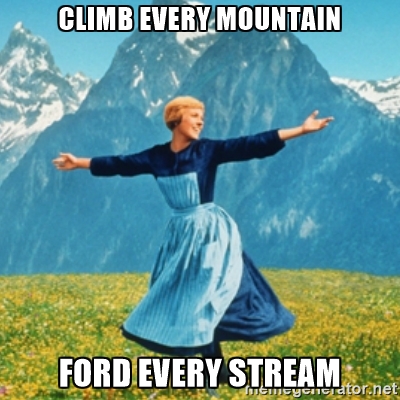
You Want Real Change? Do This 5 Leadership Steps
Are You Hiring?
Find candidates in 72 Hours with 5+ million talents in Maukerja Malaysia & Ricebowl using Job Ads.
Hire NowPeople often want to have a change but not all changes works and give positive outcome. Success with change requires a lot of effort, perseverence and "organizational" things such as adjusting priorities. To stay on the right track when making changes and getting the results you want, follow these 5 must-do leadership steps:
1. Validate the journey
Change is movement away from the present, through a neutral zone that’s neither completely old nor completely new, and toward a future that promises not just something different but, hopefully, something better. Give people a compelling answer to the question “What’s in it for me?”
2. Scan for speed bump
Assess the climate for change and identify points of resistance that must be neutralized or converted. Change and resistance occur in the context of real people struggling with real (or imagined) issues that have real (or imagined) consequences. Resistance is not necessarily a sign of disloyalty or of “not being a team player but it can help you refine your own ideas so they can work even better. It can alert you to your own blind spots.
3. Chart the course

Every good change leader needs a map that shows not only where you’ve been and where you’re going, but keeps you well grounded in the here and now. Show people how the change is connected to things they really care about and how it would affect them. Ensure that people have the skills necessary to produce the change.
4. Ford the stream

Smart leaders carefully navigate the currents of organizational change. And when the currents aren’t going their way, they ford the streams. Cultural awareness is crucial. If leaders didn't manage the culture, the culture will handle them.
5. Mind the gap

A true test of leadership is the ability to recognize a problem before it becomes an emergency. Know the important questions; What’s the gap between where we are and where we want and need to be? What’s the gap between any lingering old behaviors and the desired new behaviors?
Source: Forbes



